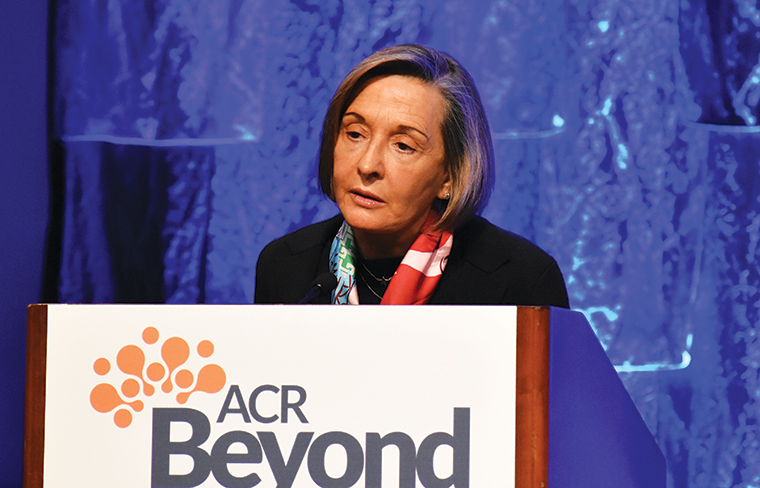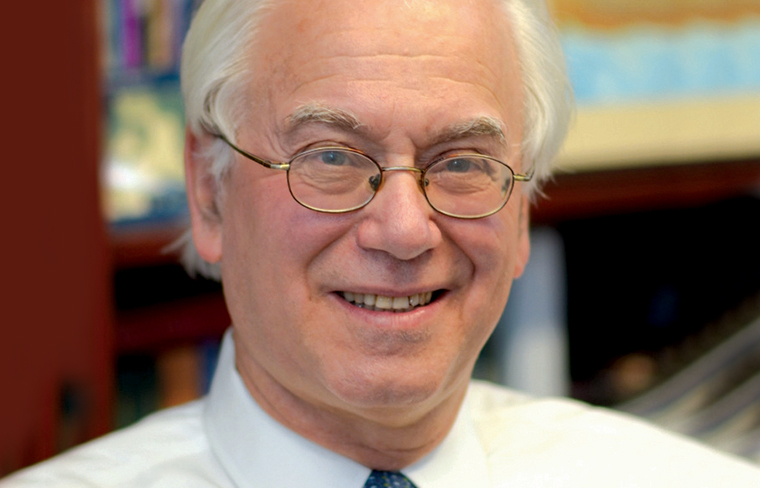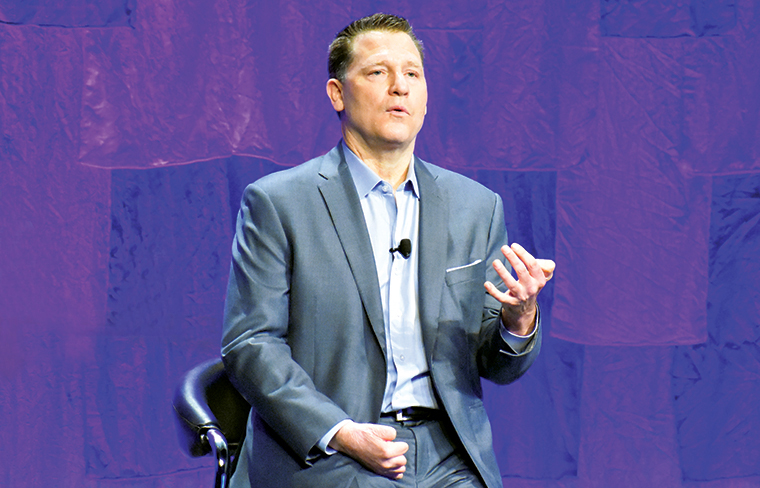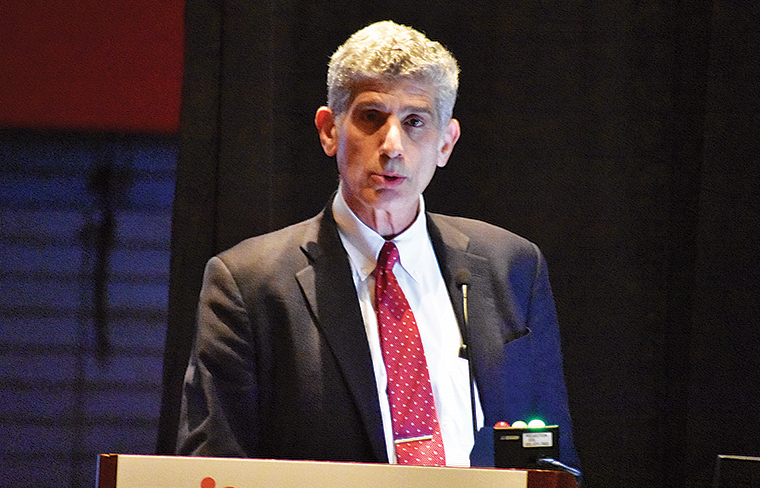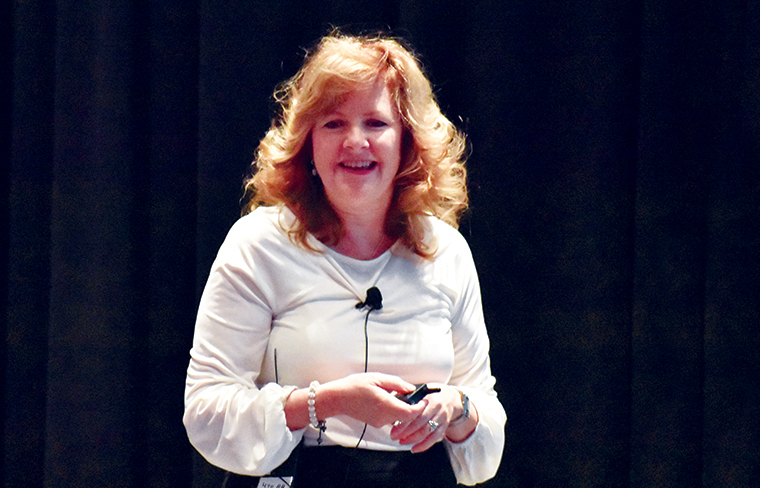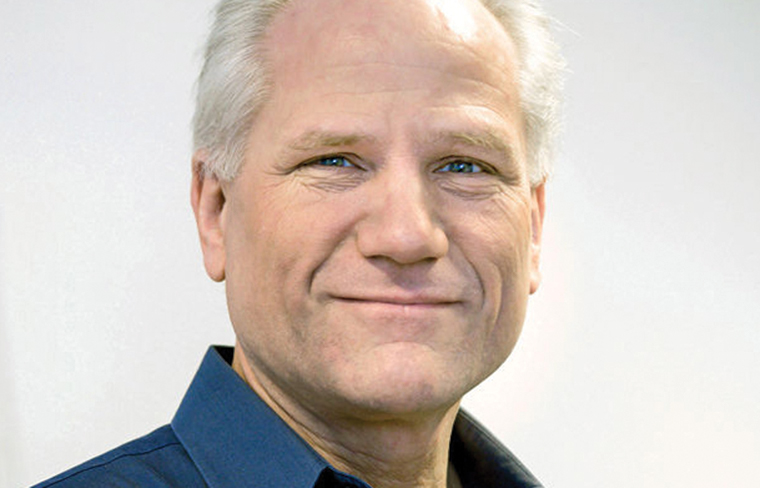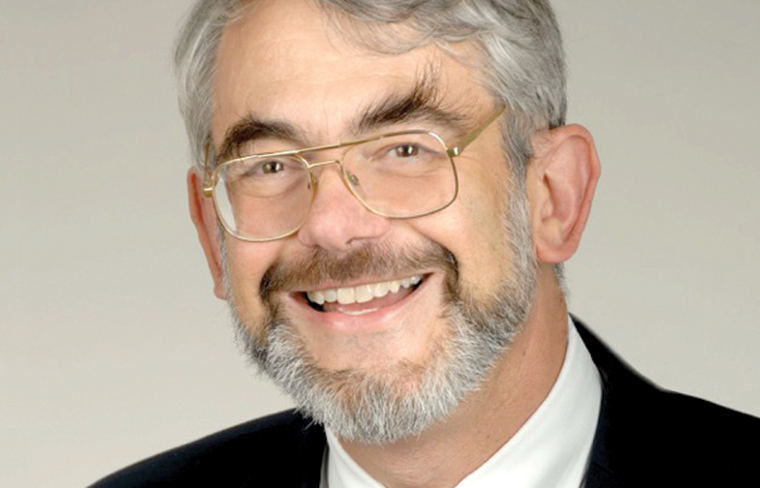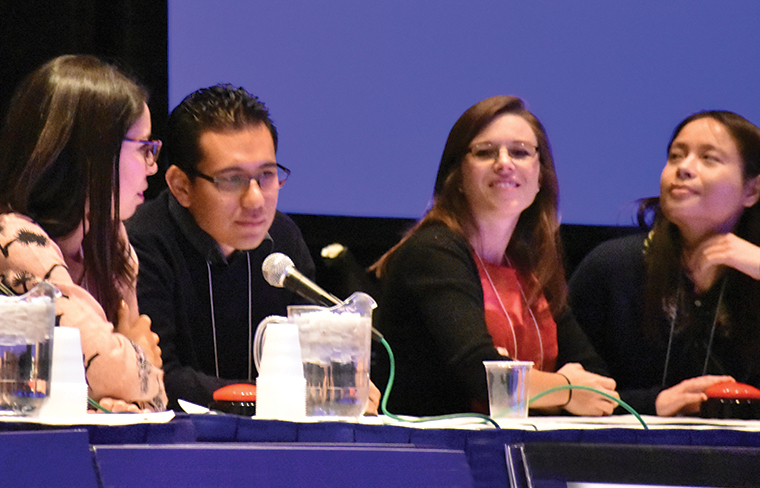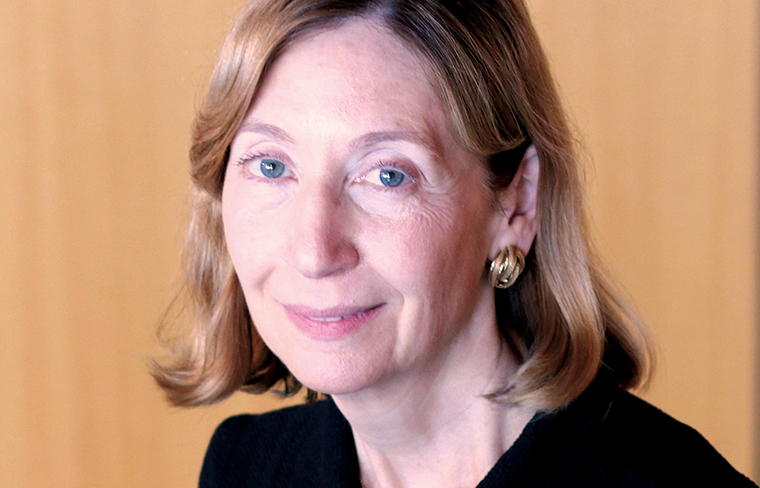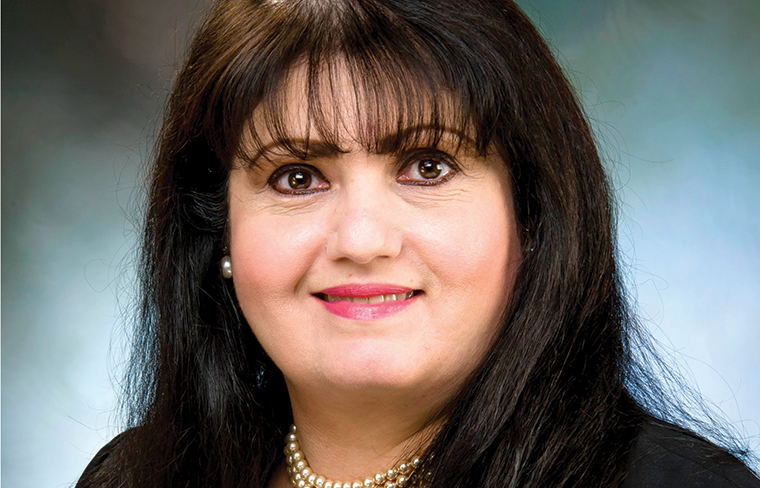
Issue 3
-
Year in Review session includes latest about gender bias in autoimmune diseases
One of the studies presented during Sunday morning’s Year in Review session highlighted work by investigators from the University of Toulouse in France that provides new insight into gender bias, which is seen in many autoimmune diseases.
-
Antibiotic use may increase prevalence of obesity and a variety of diseases
“The use of antibiotics is affecting our microbiome and our health,” said Martin Blaser, MD, Director of the New York University Human Microbiome Program at the NYU School of Medicine. And it may have an impact on autoimmune diseases.
-
Survivor shares story of how partnership can unlock power of recovery in patients
During Saturday’s Opening Lecture & Awards session, Jonathan Koch, who survived acute hemophagocytic lymphohistiocytosis, shared an impassioned message for how physicians can better partner with patients to enhance survival potential.
-
Team approach needed when dealing with Sjögren’s syndrome
Successful Sjögren’s syndrome diagnosis and management requires a multi-disciplinary team and continues to be the most challenging of the rheumatic diseases to diagnose, according to two Sjögren’s specialists who spoke Sunday.
-
Rheumatology in 2030: Integrated teams and a shift to molecular medicine
The expected workforce shortage by 2030 will require profound changes to accommodate the expected increase in the number of patients with rheumatic diseases.
-
Plenary III to include abstracts covering current research in lupus, spondyloarthritis, vasculitis
From the safety and efficacy of current and emerging therapies to new information on treatment targets, Tuesday’s Plenary Session III will feature a series of abstract presentations covering cutting-edge clinical and basic science research results.
-
Investigator demonstrates selective advantage for gene mutations that cause rheumatic disease
A vast number of beneficial human genetic variants have evolved with regard to infectious diseases. These variants have helped the human race survive, but they could also be the cause of autoimmune and autoinflammatory diseases.
-
Neutrophil NETs, Cuse Crusaders advance to Monday’s Knowledge Bowl Final Round
The Neutrophil NETs and the Cuse Crusaders will face defending champions House of DMARDs in the Knowledge Bowl Final Round on Monday morning.
-
Distinguished Lecture to examine clinical implications of studies from the bone field
A Distinguished Lecturer session Wednesday morning will provide an overview of some of the more intriguing and controversial issues involving rheumatic diseases and bone.
-
Advances in data science powering capabilities for analyzing large data sets
“It’s hard to compare what happens in one data set with another, but with the tools that we have today, you can apply a metric that can be interpreted across a large number of large data sets,” said Soham Al Snih, MD, PhD.
